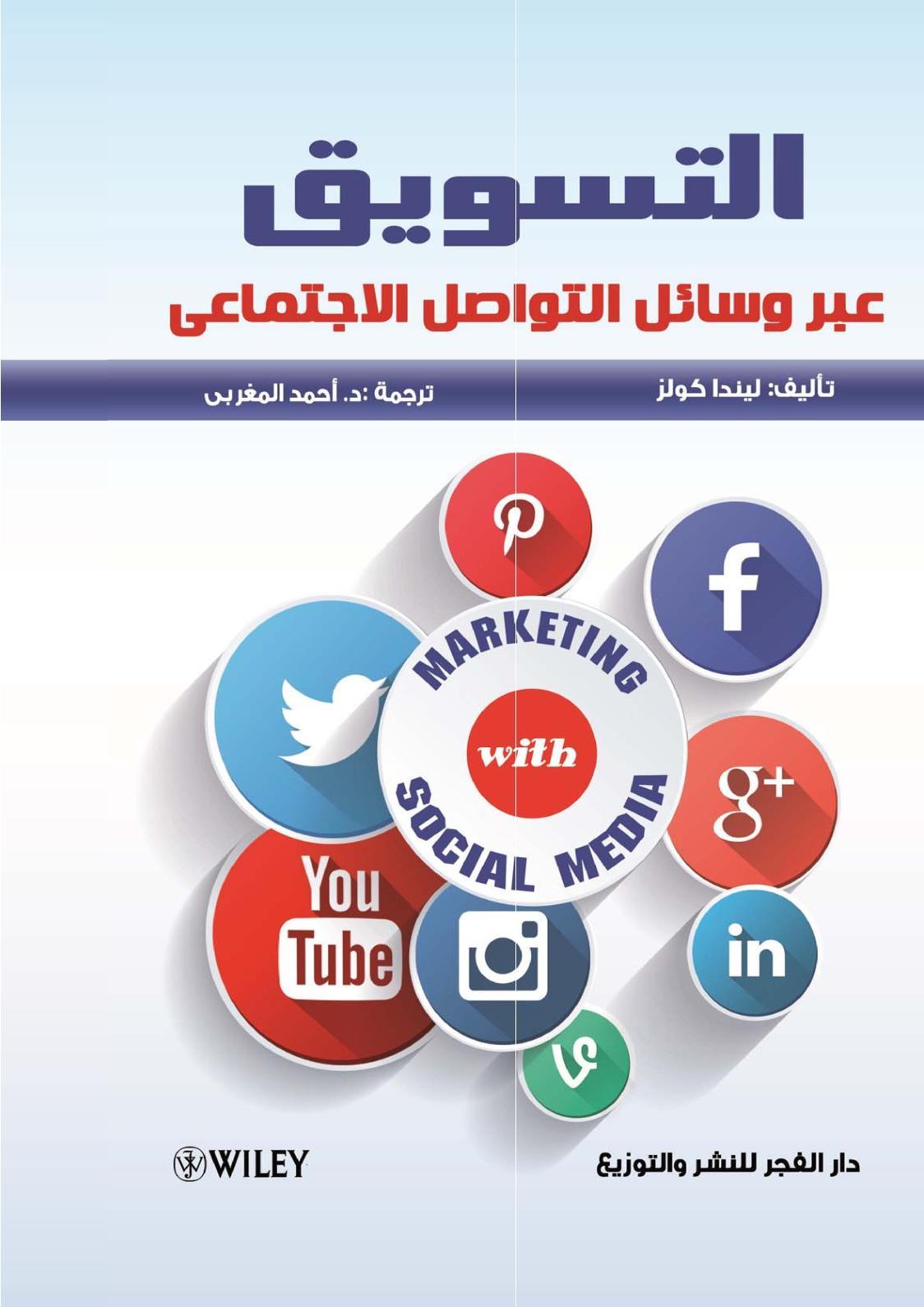Your face is not flat; This may seem counterintuitive, but as people have begun to live a more luxurious and more online life, a strange divide has formed around this point. In a recent study conducted by American plastic surgeons, more than 40% of them reported that patients came in for surgeries to correct congenital details they felt looked bad in photos posted on social media.
Surgeon and assistant professor at Rutgers New Jersey Medical School, Boris Baskover, confirms that sometimes when we ask patients what they would like to change, they pull out their phones instead of looking in the mirror, and often say that their nose is too wide and present a "selfie" as evidence.
But selfies don't exactly reflect what other people see when they look at you, especially when it comes to the nose.

A distortion of reality In a new research paper published in JAMA Facial Plastic Surgery, Paskover explains how the screen distorts reality; "The secret lies in the fact that the nose is closer to the camera lens than any other part of the face," he says. "In the same way that something in the foreground appears larger than something in the background, there is a coherence effect. This is more pronounced the higher the lens. closer to the face.
To show this, the researchers took information from national databases of measurements of facial width, nose width, and other numbers about facial geometry, and measured how these numbers changed when looking at a face from different distances.
On average, Paskover and his colleagues found that the nose would appear 30 percent wider in a photo taken from 12 inches away than in a photo taken from five feet away. And the quality of the camera makes no difference. "If you put your nose in a mirror, it will look bigger," he says. It's just that we haven't developed the kind of mental correction that we activate when we see our reflection in the mirror when it comes to the pictures we take of ourselves, so we consider them real.
A misconception in some way. Isn't this confusion a good opportunity for plastic surgery? Baskover replies in the negative. He says that when people are motivated by a false belief to undergo an operation, they are more likely to feel dissatisfied afterwards. "Above all, I want my patients to have a true picture of themselves," he says. He hopes that this paper will help convince people of the reality of this effect.
And if we take into account the tendency of more people to show their social lives through camera lenses, we can imagine in the future that sculpted faces to appear better on phone screens will become common, which actually started in China, where software development began to improve the face in Selfies in order to reach a certain and acceptable level of beauty, this matter may serve as an idea for exploitation in science fiction films, but the truth is that there are strong tendencies among many to believe what the cameras show, even if it is not the same truth.